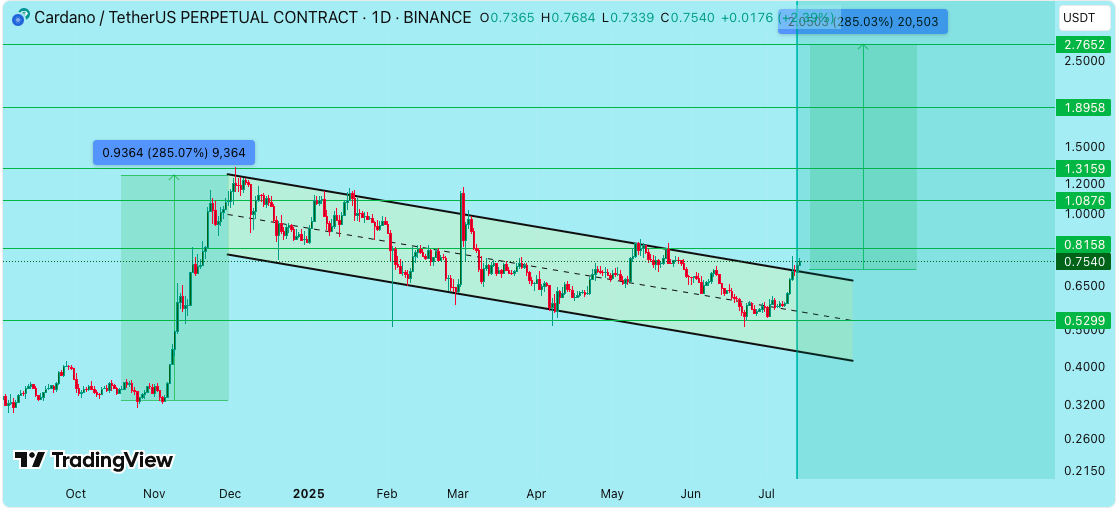Software developers in the accounting space are shifting from hyper-specialized single-use solutions to more expansive packages with multiple functions, according to Joe Woodard, head of CPA coaching and consulting firm Woodard, which in turn is leading to a simplification of platforms for client accounting services.
Speaking at the Scaling New Heights conference in Orlando on June 16, Woodard said that we are seeing an aggregation of features in the accounting solutions arena, which is at least partially driven by automation. The ability to automate data entry especially through the use of things like integrations and imports means these solutions are able to handle many more things than before. And so, instead of having to select a single best-of-breed solution that does one single thing very well, increasingly professionals are able to have software that, while not doing everything, can do many related things well.
“As automation grows more and more, you will see an aggregation take place in this space. A payables solution is now a spend card solution and why not throw in receivables too? Or further aggregation, I’m a payables solution but now also a payroll solution and now a tech onboarding solution. One provider doing all these things,” said Woodard.
Acquisitions are another part of this. Woodard noted that there are certain vendors who had been frequent guests at the conference who are no longer on the show floor. The reason is that they were acquired, because another company wanted to add their capacities to their own.
As this aggregation continues, he said, what will likely happen is that CAS platforms will start to simplify and standardize. This, in turn, will make these platforms more easily accessible and therefore, he said as a warning to practitioners, less valuable over time. Developing a CAS platform, especially a custom one from the ground up, simply won’t be that special anymore.
“What you have built with blood, sweat and tears as pioneers will now become more and more common and so less and less valuable,” he said.
He insisted he was not saying this to panic the audience but, rather, to encourage them to respond to change while the window was still open. He noted that this prediction was over a 10 year horizon, and didn’t represent an imminent disruption. But, he said, it was coming and those who can adapt quickly will be the ones best positioned to take advantage of the changes.
Woodard pointed to a concept called ‘technology platforming’ as one possibility for where this is all leading. He noted that accounting-focused cloud solutions provider Rightworks (one of the sponsors of the conference) is doing something like this already: rather than simply be a place where a firm hosts their data, technology platforming means they’re more a platform for operating an entire practice. All the firm’s solutions can be found in one place, and interact with each other, without the need to handle and maintain all the individual apps.
“They are simplifying and aggregating and docking both desktop and cloud technologies. It’s not a QuickBooks desktop host, it’s an accounting platform to aggregate and simplify all the technologies you use to operate your practice so we won’t have as much trouble curating all these technologies together. You will see these platforms emerging in this space,” he said.
He acknowledged that, with all this talk about connectivity and aggregation, security has become a major concern. There is now so much data being sent back and forth from one web app to another, and that’s even just considering the firm’s internal tech stack. When one takes things like outsourcing into account, that data is now being handled all over the world, maybe by people who don’t even work for the firm. To navigate this wave well, firms need to keep security in mind.
Andrew Lassise, CEO of Tech4Accountants, which was acquired by Rightworks last year, noted that accounting firms are facing a lot of security threats today, including many novel ones that have only recently broken out into the landscape, most of which are due to the rise of artificial intelligence.
“Back in the day there was the Nigerian prince who was gonna wire you $5 million and he just needed you to wire him the first $50,000. Now thanks to AI what can happen is someone who did all the research reaches out and says hey Andrew, I see you’re speaking at Scaling New Heights with Joe. By the way, I know you do [written information security plans], can you help me with my WISP? I’d be happy to pay you, I can email you. Then I click it, because it seems reasonable, but I’m not in a secure workstation and I lose all my data,” he said.
Woodard noted a similar thing recently happened to him. Two of the people with him at a recent conference got a text message saying he was entertaining some people at the Aria hotel and needed some gift card numbers. While they immediately realized it was a scam, Woodard wondered how many others would have proceeded as if things were normal.
“How many of our clients [would have] thought this is obviously coming from my boss, he would be in Vegas, he is entertaining people tonight–they’re guessing right, and so they’d send gift card numbers,” he said.
Lassise answered with another possible scenario that gave Woodard pause:
“‘Hey, this is Joe, my phone died, I’m using a client’s phone, so that is why you don’t have my number,'” he said. “It can be very sneaky.”
He added another one that accounting firms in particular need to be aware of:
“We see a ton of this: someone says, ‘hey, I’m in the area, but I’m at a hospital, I can’t be on a phone call, but are you taking on new services? Here are my books from last year, is there anything else you need?’ Then you click. You don’t have a secure workstation. Ransomware encrypts the entire company. And then people come to us after and ask what we can do,” he said. “The answer most of the time is let’s build a time machine and go back to a week ago.”
When asked what firms should do, Lassise didn’t think there were any silver bullets. He said there needs to be a layered approach. He compared it to an airport. There’s the baggage check, the TSA inspection, the boarding pass check before getting on the plane and more. Security at the airport is not a one-stop shop, there are multiple layers at different points.
“You see people who say ‘I have Norton [antivirus], I’m good. American Airlines got hacked. You think they just had Norton? It’s a lot more complicated than that,” he said.
Credit: Source link











